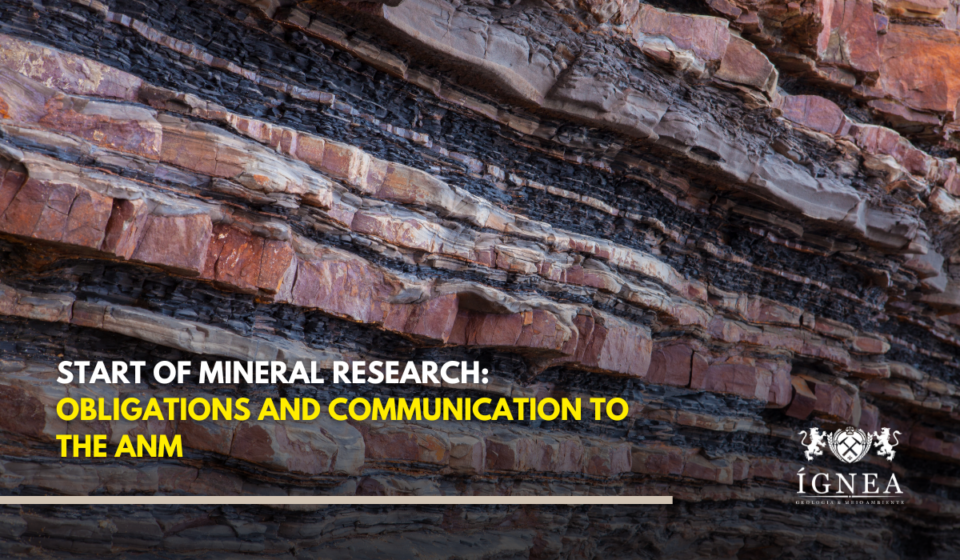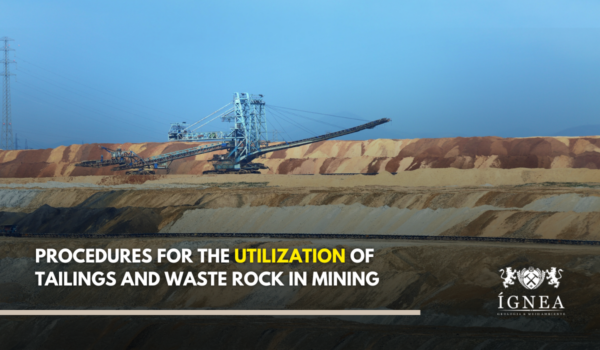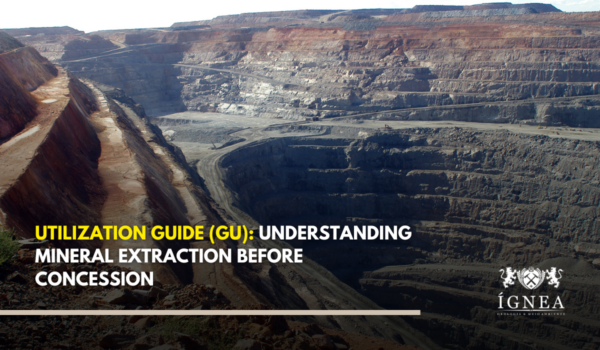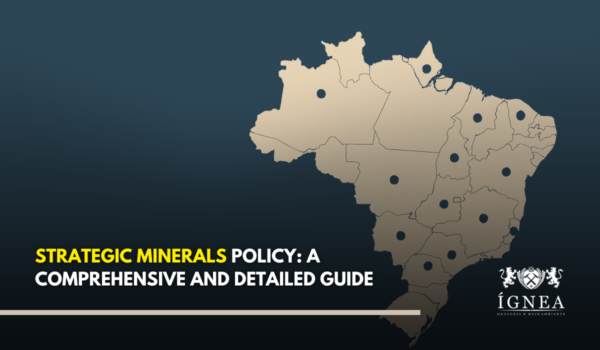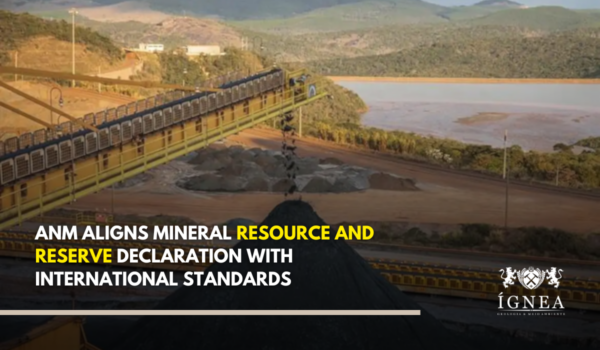Article 29 of the Mining Code (Decree-Law No. 227/1967) establishes the obligations of the holder of a mineral research authorization regarding the start of work and communication to the National Mining Agency (ANM). This article aims to ensure that research activity is initiated within reasonable time limits and that the supervising body is aware of the progress of the work.
Obligation to Start Research
The holder of a research authorization is obliged to begin research work within specific deadlines, under penalty of sanctions. These deadlines vary according to the situation:
- Owner Holder or with Agreement: If the authorization holder is the landowner or has an agreement with the landowner on the amount and method of payment of compensation, the start of research work must occur within 60 days after the publication of the Research Permit in the Official Gazette of the Union.
- Judicial Entry: If the assessment of compensation for the occupation and damage caused must be made through a judicial process, the holder must start work within 60 days of judicial entry into the research area.
Obligation Not to Interrupt Work
In addition to the start of the research, the holder is obliged not to interrupt the work, without justification, after it has begun. The maximum period for interruption is three consecutive months or 120 accumulated days (non-consecutive).
Communication to ANM
The research authorization holder has a duty to promptly notify the ANM of the following information:
- Start of Work: The start of research work must be reported immediately.
- Resumption of Work: If the work is interrupted and later resumed, this resumption must also be reported.
- Interruptions: Interruptions of work, even if temporary, must be reported.
- Occurrence of Other Mineral Substances: The discovery of any other useful mineral substance not included in the Authorization Permit must also be communicated.
Purpose of Communication Obligations
These communication obligations serve a crucial purpose:
- Transparency: To ensure that the supervisory body is aware of the progress of the research.
- Control: To allow the ANM to monitor compliance with the deadlines and conditions of the authorization.
- Potential Discoveries: To allow the ANM to follow up on any discoveries of new mineral substances.
Sanctions for Non-Compliance
Non-compliance with the obligations established in Article 29 subjects the holder of the research authorization to administrative sanctions, which may include:
- Fines: Fines are applied for failure to comply with the start and communication deadlines.
- Warnings: In some cases, the ANM may issue warnings.
- Other Sanctions: In more serious cases, sanctions may include the forfeiture of the research authorization.
Importance of Compliance with Obligations
Compliance with the obligations of start and communication is essential to ensure that mineral research activity is carried out efficiently and transparently. This protects the interests of all parties involved, from the holder of the authorization to the State and society.
Article 29 of the Mining Code establishes the rules for starting and communicating mineral research, ensuring that the activity is initiated within reasonable deadlines and that the supervisory body is aware of its development. Compliance with these obligations is a sign of responsibility and respect for mining legislation.

